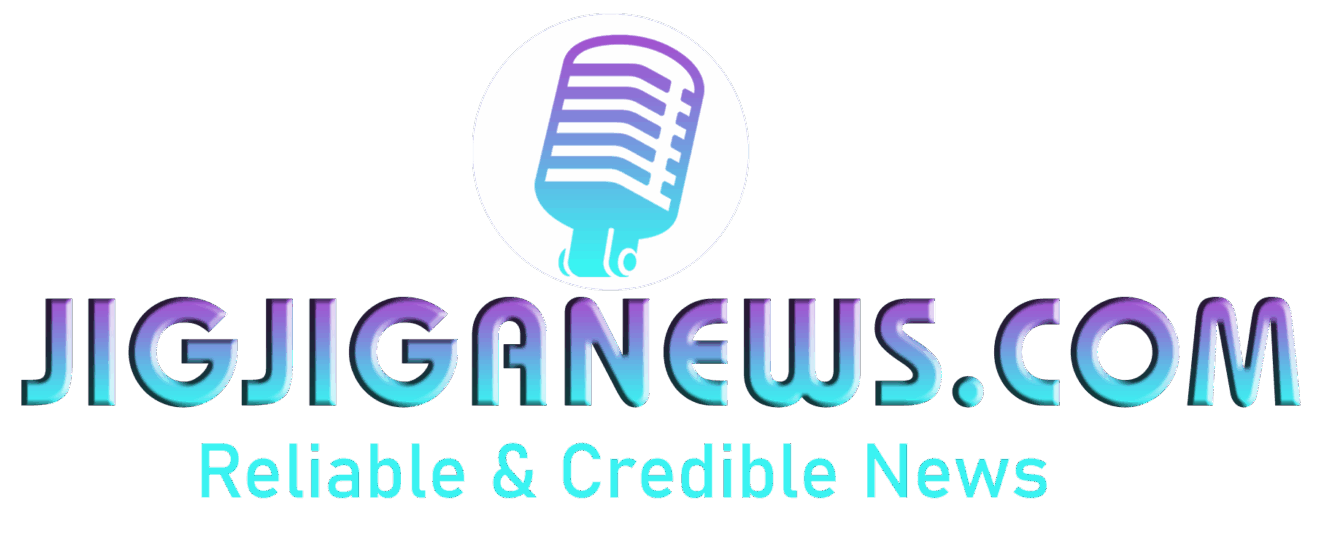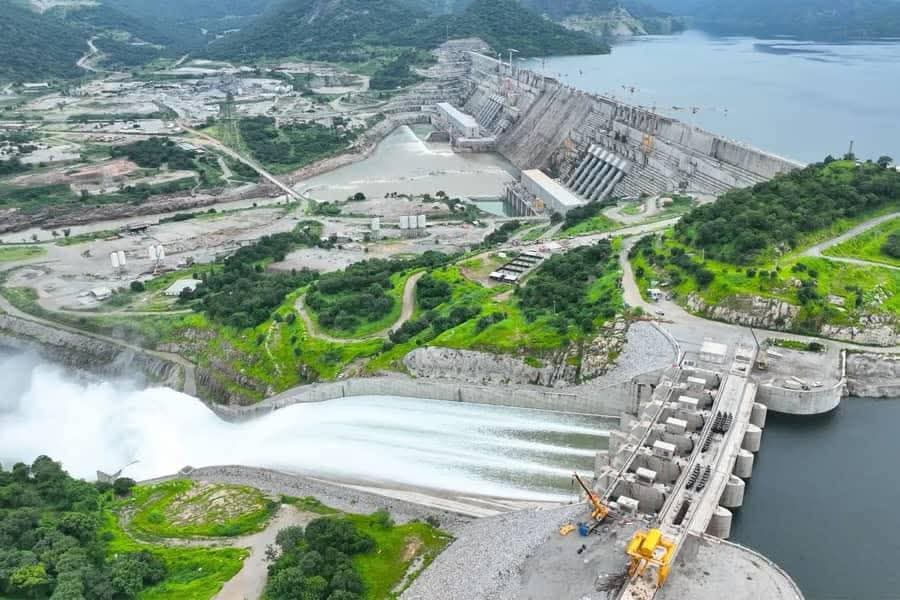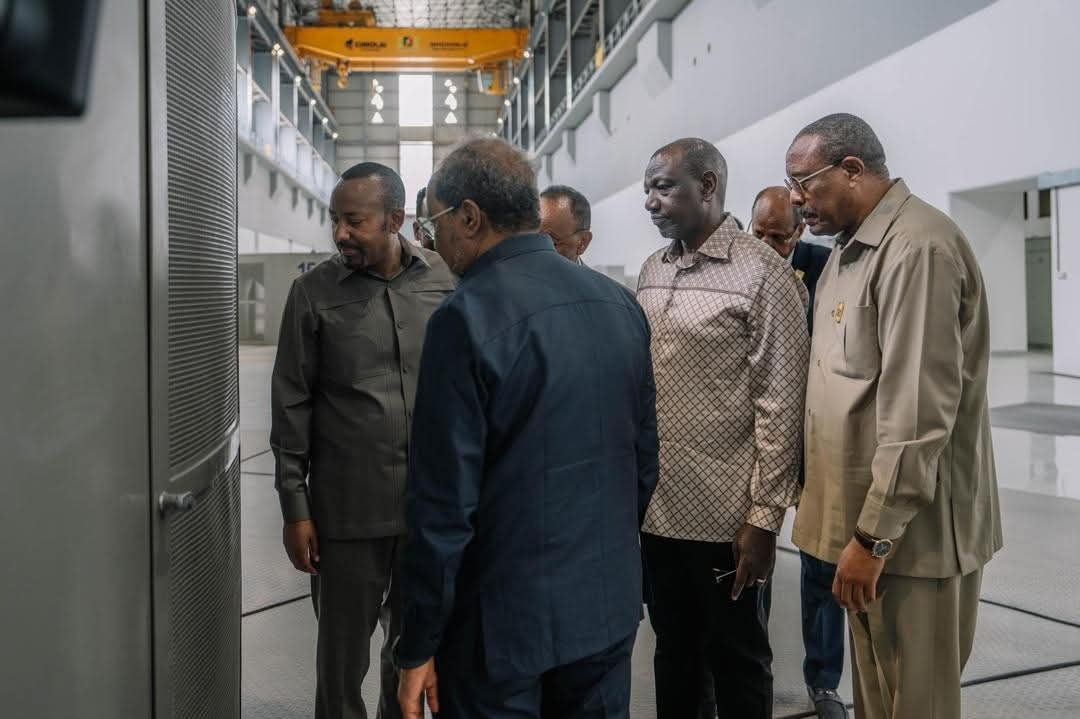The inauguration of the Ethiopian Renaissance Dam grand opening around the corner…
The Ethiopian Renaissance Dam, (GERD), is around the corner, as the evaluation is expected to take place on 9th of September this year is only ten days from now. This Renaissance Dam is one of the most ambitious and significant infrastructure projects in African continent.
This Dam is Located on the Blue Nile River in Ethiopia, this Dam exemplifies Ethiopia’s aspirations for economic development, energy independence, and regional influence.
This Dam is also expected to become one the largest hydroelectric project in Africa, the GERD has garnered international attention due to its potential benefits and the geopolitical issues it raises with neighboring countries, particularly Egypt and Sudan.
Background and Construction of The Dam
The idea of harnessing the Blue Nile for hydroelectric power in Ethiopia dates back several decades. However, it was in the early 2010s that Ethiopia formally launched the grand project, aiming to utilize its vast water resources for national and regional development, as it is expectedto supply electricity to the rest of African Countries at a cheaper cost.. The construction of the GERD officially began in 2011, and it has been a symbol of Ethiopia’s commitment to becoming an energy-exporting country.
The dam is a gravity dam made primarily of concrete, with a length of approximately 2.1 kilometers and a height of about 175 meters. When completed, it is expected to have a reservoir capacity of around 74 billion cubic meters of water, making it the largest hydroelectric plant in Africa with an anticipated capacity of 6,450 megawatts. This capacity surpasses Ethiopia’s current total electricity generation, which is around 4,000 megawatts, positioning the GERD as a transformative project for the nation’s power sector.
Economic and Regional Significance
The Ethiopian Renaissance Dam (GERD) holds significant economic and regional importance for Ethiopia and the broader East African region. Here are some key points:
1. National Economic Significance:
Hydropower Generation: GERD is expected to be Ethiopia’s largest hydroelectric power plant, with a capacity of around 6,450 megawatts, boosting the country’s electricity production and supporting industrial growth.
Economic Growth: Improved power supply can enhance manufacturing, agriculture, and services sectors, leading to increased GDP and employment opportunities.
Infrastructure Development: The construction and management of the dam stimulate infrastructure development, including roads, regional connectivity, and related industries.
Energy Export Potential: Surplus electricity can be exported to neighboring countries, generating revenue and strengthening regional energy integration.
2. Regional economic Significance:
Regional Cooperation: The dam promotes cooperation among Nile Basin countries, fostering dialogue on water resource management and regional development.
Geopolitical Influence: Ethiopia’s control over the dam enhances its geopolitical standing in the region.
Impact on Downstream Countries: The dam’s operations affect water availability for downstream countries like Sudan and Egypt, leading to negotiations and agreements on water sharing.
3. Strategic and Environmental Considerations:
Water Security: The dam is central to Ethiopia’s strategy for energy independence and economic resilience.
Environmental Impact: Proper management is vital to mitigate potential ecological impacts on the Nile River basin.
Overall, the GERD is a transformative project with substantial
On 9th of September 2025, many Heads of African leaders, ambassador and other global leaders are expected to attend the event. This event will also mark as the end of the resource related misunderstandings as the Dam is fully filled and the river Nile water will follow adequately to downstream countries who had doubts about the future of sharing this precious resources equally and transparently. This Dam is also expected to provide fishing which will boost Food security in Ethiopia.
Jigjiganews.com
Info@jigjiganews.com








